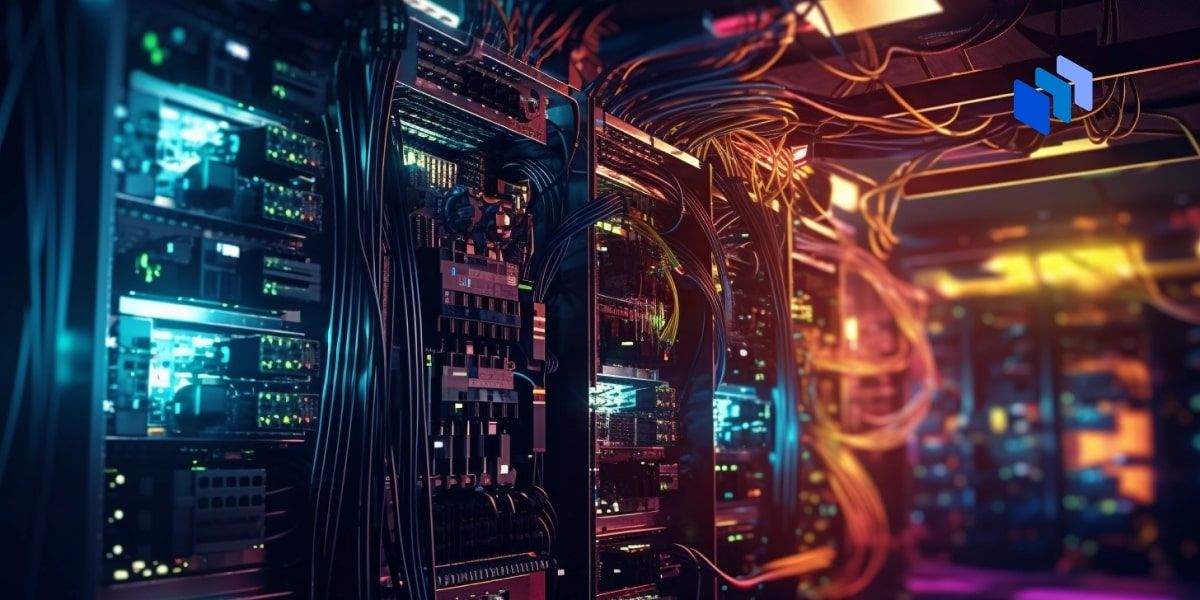
In the dynamic landscape of data management, traditional backup strategies struggle to keep up with the demands of a hyperconnected world. Enter edge computing backups, a paradigm shift that brings real-time data protection to the forefront. In this comprehensive guide, we explore the intricacies of edge computing backups and how they redefine the way we safeguard our valuable data.
Navigating the Hyperconnected World: An Introduction
As we immerse ourselves in an era of constant connectivity, the need for efficient data management becomes paramount. Edge computing, with its decentralized approach, emerges as a game-changer in ensuring data availability and responsiveness. Let’s delve into the nuances of edge computing backups and their significance in this hyperconnected landscape.
The Rise of Edge Computing
Edge computing is a distributed computing paradigm that brings data processing closer to the source of data generation. Unlike centralized cloud computing, edge computing allows for faster data processing and reduced latency, making it ideal for applications requiring real-time responsiveness.
Understanding Edge Computing Backups
In the realm of data protection, edge computing backups signify a departure from traditional centralized backup methods.
Decentralized Backup Architecture
Edge computing backups distribute backup processes across multiple edge devices, eliminating the reliance on a central server. This decentralized architecture ensures redundancy and minimizes the risk of a single point of failure.
Real-time Data Protection
One of the primary advantages of edge computing backups is the ability to protect data in real-time. As data is generated at the edge, backups occur instantaneously, reducing the window of vulnerability to data loss.
Key Features of Edge Computing Backups
To fully grasp the impact of edge computing backups, let’s explore their key features.
Low Latency Backup
Edge computing backups significantly reduce latency by processing and storing data at the edge. This low-latency approach ensures that backups happen swiftly, enhancing overall data responsiveness.
Bandwidth Optimization
By distributing backup processes across edge devices, edge computing backups optimize bandwidth usage. This is particularly crucial in scenarios where network bandwidth is limited or expensive.
Enhanced Security Measures
Decentralization inherently boosts security. Edge computing backups benefit from this by reducing the attack surface and minimizing the impact of potential security breaches.
Implementation Strategies for Edge Computing Backups
Now that we understand the core concepts, let’s explore how to effectively implement edge computing backups.
Device Selection and Configuration
Choosing the right edge devices and configuring them to handle backup processes efficiently is key. This involves considering factors such as processing power, storage capacity, and connectivity.
Network Architecture Optimization
To ensure seamless data flow between edge devices, optimizing the network architecture is essential. This includes designing a robust network that can handle the distributed nature of edge computing backups.
Final Words: Embracing the Future of Data Protection
In a hyperconnected world, where data is both ubiquitous and critical, embracing innovative data protection strategies is imperative. Edge computing backups redefine the landscape by providing real-time, decentralized solutions that align with the demands of our interconnected reality. Safeguard your data with the power of edge computing.
Commonly Asked Questions
Q1. How does edge computing enhance data protection compared to traditional backups?
Edge computing decentralizes backup processes, reducing latency and ensuring real-time data protection. This approach is more responsive and resilient than traditional centralized backups.
Q2. Can edge computing backups handle large volumes of data generated at the edge?
Yes, edge computing backups are designed to handle large volumes of data generated at the edge by distributing backup processes across multiple devices, optimizing bandwidth usage.
Q3. Is edge computing suitable for all types of businesses?
Edge computing is scalable and adaptable, making it suitable for businesses of various sizes and industries. It offers flexibility and responsiveness, addressing diverse data management needs.
Q4. How does edge computing contribute to enhanced cybersecurity in backups?
Decentralization in edge computing minimizes the attack surface, enhancing overall cybersecurity. By reducing the impact of potential security breaches, edge computing backups provide an additional layer of protection.
Q5. What are the primary challenges in implementing edge computing backups?
Challenges may include device compatibility, network optimization, and the need for careful configuration. However, overcoming these challenges is essential to harness the full benefits of edge computing backups.
Advertisement








